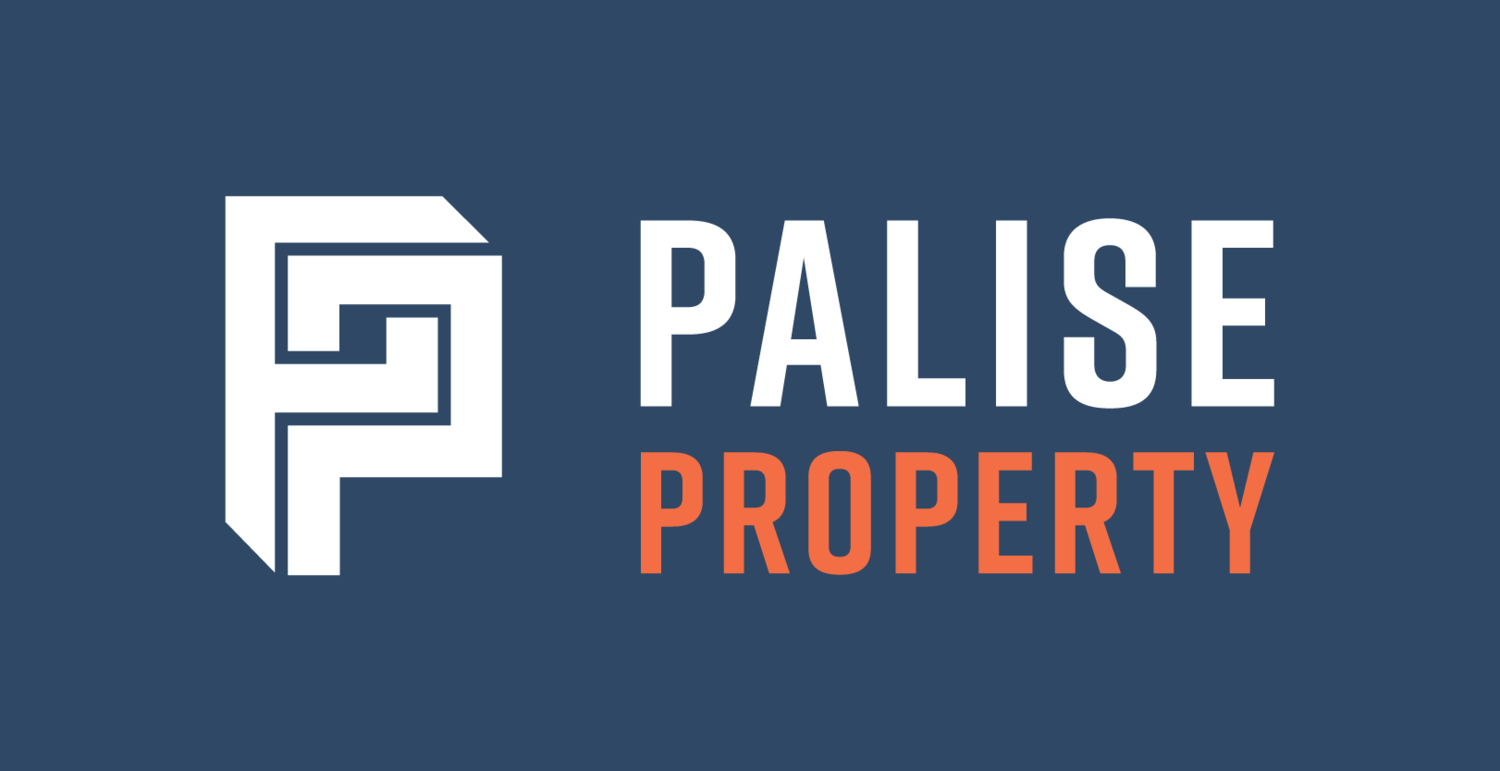Unpacking the Value of a Residential Property
Investing in residential property can be a great way to grow your wealth, but it's important to carefully consider all the factors that can impact the value of your investment.
In this blog post, we will explore the different factors that property valuers consider when determining the value of residential property investment. From location and market conditions to the property's condition, many different factors can affect the value of your investment.
By understanding these factors and taking them into account, you can make informed decisions and maximise the value of your residential property investment.
Using Comparable Sales to Establish the Value of Your Residential Investment
Professional property valuers often use comparable sales, along with other factors, to determine the value of a residential property investment. They’ll typically look at a handful of recent comparable sales to establish a rough value for the property. The rest of the valuation is based on the features of the land and structure and other intangible factors such as location and prestige.
Understanding How the Land Contributes to the Valuation
The land that the property sits on also contributes to its valuation.
When determining the value of a residential property investment, professional valuers will consider a wide range of factors. These can include the location of the property, its proximity to the city centre or other employment opportunities, and the availability of public transportation. Valuers will also consider lifestyle factors such as the potential for the property to be used as a holiday home or its proximity to recreational activities such as beaches or mountains.
Other factors that valuers will consider include the scarcity of properties in the area, the unique placement of the property (such as being on a busy street or near a golf course), and the access to the property.
In addition, they’ll consider the topography of the land and the aspect of the property, as well as the square footage of the property itself.
Considering the Structural Components of the Property
When determining the value of a residential property investment, property valuers consider the overall appearance and architecture of the property. For example, properties with strong curb appeal and architectural appeal can be valued more highly, but this will depend on factors such as the overall condition of the property and the results of building inspections.
In general, they'll consider the following components of the property:
the type of home (such as a standalone house, duplex, or townhouse),
the year it was built,
the materials it was constructed with,
any renovations that have been made to the property,
the square footage of liveable space, and
the number of bedrooms and bathrooms.
Valuers will also consider the fixtures and fittings of the property, as well as its energy efficiency. For example, properties with solar panels or other energy-efficient features may be valued more highly.
How the Economy and Interest Rate Impact the Value of Your Property
The state of the economy and changes in interest rates can significantly impact the demand for residential property. For example, if interest rates increase, it can make it harder for buyers to afford homes, resulting in less demand for properties.
Similarly, if the economy is flat, there may be less demand for homes due to a lack of confidence and fewer people being incentivised to buy.
So, the economy's performance and changes in interest rates can affect the demand for residential property, which in turn can impact the value of a residential property investment.
Key Takeaways
So, when it comes to determining the value of a property, there are many factors to consider. Comparable sales provide a useful basis for understanding the current market values in a specific area and are helpful for understanding pricing trends.
The land itself is also a crucial element, as certain pieces of land may be more valuable than others due to availability or location. In addition, the property's structural components can significantly influence the valuation and will often affect the price of any improvements that could increase the value further.
Finally, economic conditions have a significant impact on property values and should be consulted when making any calculations about property valuations.
All in all, these factors must be taken into consideration when evaluating a potential real estate investment. By doing so, investors can gain greater insight into how much their potential investment is truly worth and make informed decisions when deciding whether or not to move forward.
If you're interested in investing in residential property and would like to unpack more about what it entails, I’ve written this easy-to-read guide that provides a thorough overview of the process of investing in residential property.
“Residential Property Investing Explained Simply” covers a wide range of topics, from understanding the factors that can impact the value of a property to the ins and outs of property investment.
Whether you're just starting to explore the world of property investment or are looking to deepen your understanding of the subject, this book is a valuable resource that can help you make informed decisions and maximise the value of your investments.
Alternatively, if you want to know how I’ve helped investors acquire a range of residential properties, feel free to reach out today.
